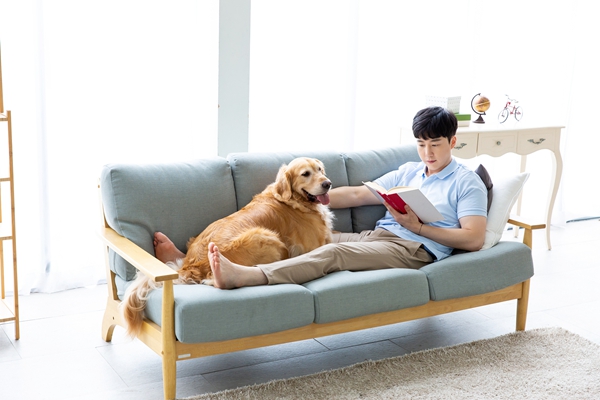 |
|
The influx of freshly minted graduates into big cities across the country that have helped keep the solo economy bubbling along.[Photo provided to China Daily] |
One such ramen shops in Shanghai goes as far as mimicking the interior design of the renowned Japanese ramen brand Ichiran, with each single table separated with a short partition board ensuring that "a table for one" means exactly that.
When you enter the restaurant there is no human to welcome you and show you to your table. Rather, in a prominent place near the entrance is a machine on which, with the press of buttons, you choose what you want to eat and are eventually allocated a table. The only difference with Ichiran, where you can pay cash, is that the Shanghai outfit also accepts payment by WeChat and Alipay.
Shi Liang, an office worker who lives in Beijing's Wangjing area, says that living alone, and not being particularly sociable, he used to fear that his living style would condemn him to an unhealthy diet of junk food, but these eat-alone establishments have allowed him to eat well and satisfy his gourmet impulses.
"The one-to-one cubicle is optimal for solo eaters," he says. "Everyone's eating their own food. And there is a curtain on the opposite side of your table, and the waiter lifts the curtain to deliver the meal to you. In some of these eat-alone shops there are mobile phone chargers and holders on each seat. You can eat your meat while looking at your mobile phone without feeling as though you're being judged by others. Personally I think it is more comfortable than being confined in the tiny room I rent."
It used to be rare in China for anyone to dine out alone, communal dining in large groups around a circular table that offered maximum interaction among guests being the norm. But many of those of the internet generation are not only satisfied but happy to go it alone when they dine, posing a challenge to that norm, too.
According to the Ministry of Civil Affairs, China's single adult population exceeded 240 million last year, and the number of adults who live alone exceeded 77 million.
The advent of Singles Day, the annual shopping spree on Nov 11, is one thing that has helped keep the solo economy bubbling along.
For Wang Ling, in her late 20s, Singles Day this year was different to previous ones. She had recently bought a Shiba dog she named Doubao and spent more than 2,000 yuan on supplies on Nov 11 for her new home companion. She bought food, changing mats, toys, shampoo and other various pet gadgets.
"These are indispensable, and I have an obligation to feed Doubao well and make sure he grows healthy."
"Doubao is my son," she says, a reassurance perhaps that the power of the family as a solidifying social unit has not quite had its day.
"He accompanies me all the time. Working at a desk all day and returning home with a tired body that has just endured a canned-sardines ride on a subway train, I feel all the more close to him and comforted when he greets me with his eager puppy eyes."